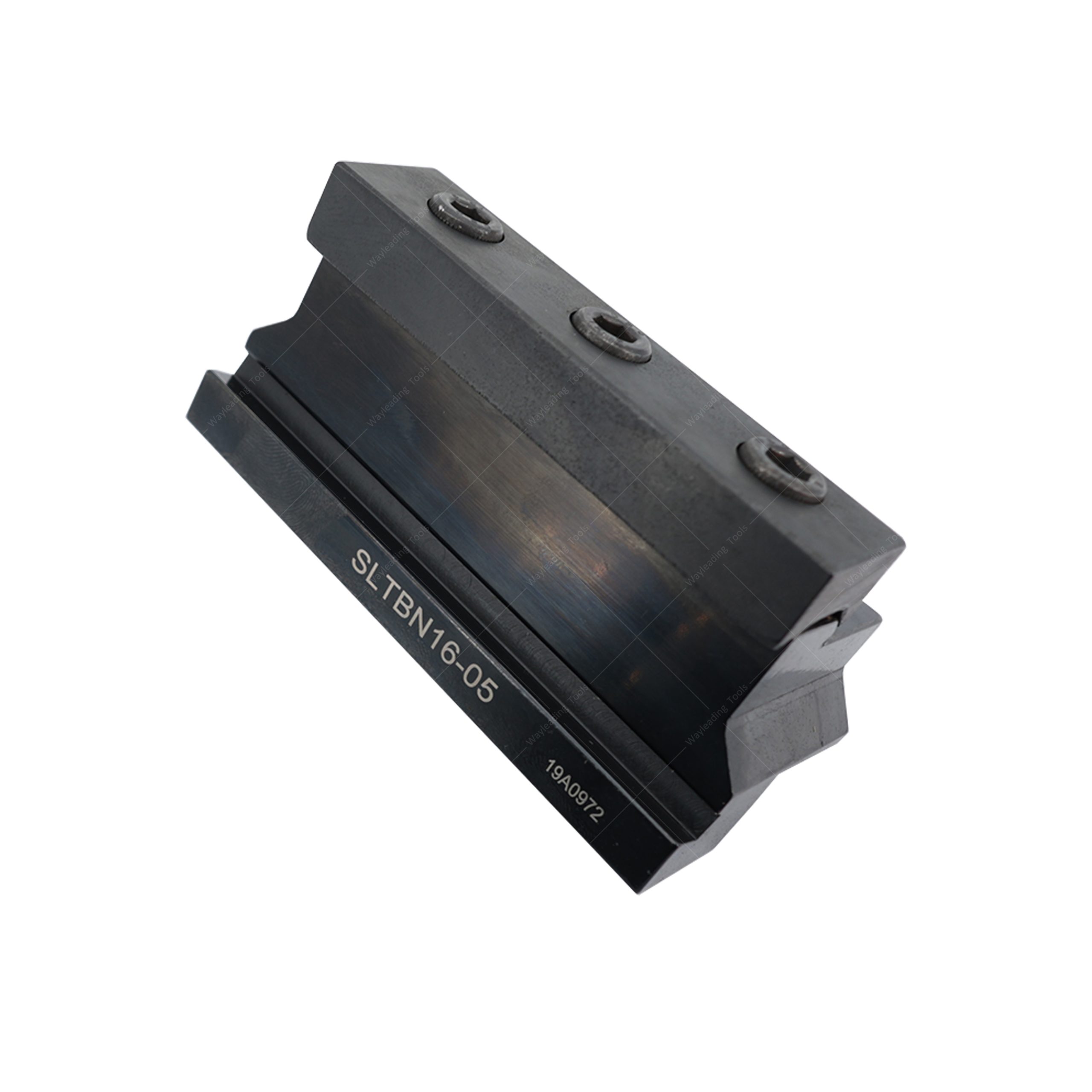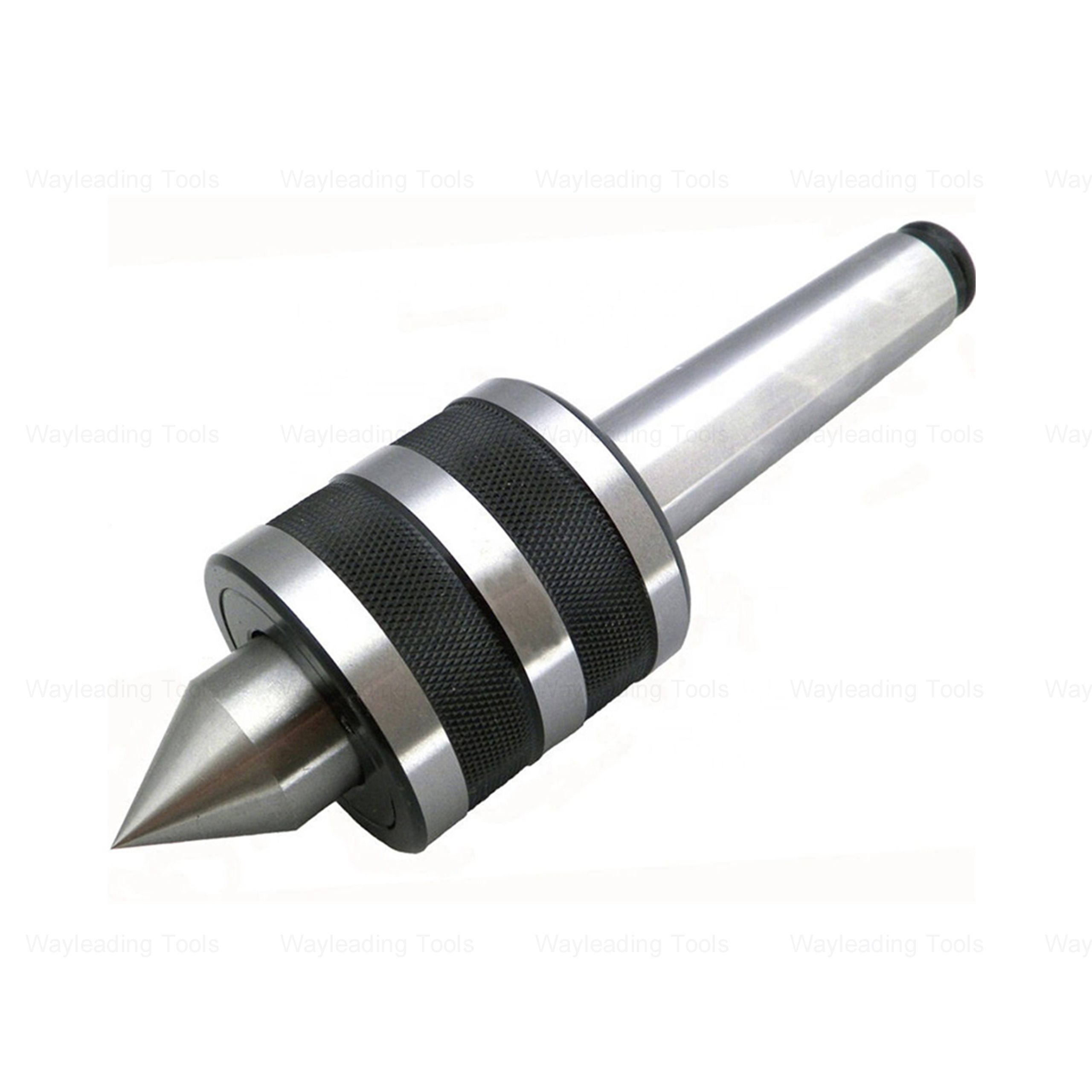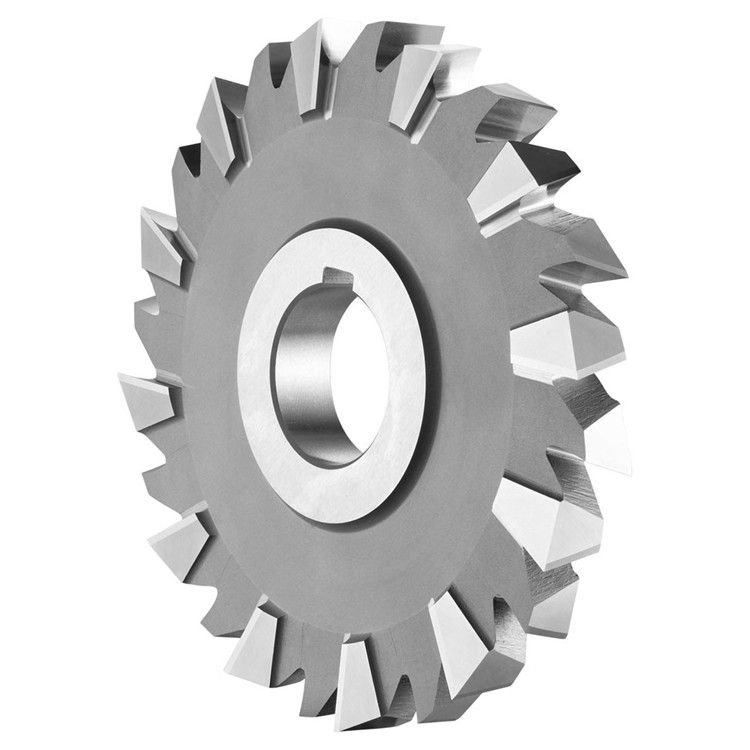micrometer caliper Factories
Micrometer caliper factories are specialized manufacturers producing high-precision measurement tools crucial across diverse industries like manufacturing, engineering, and quality control. These factories adhere to stringent quality standards, ensuring accuracy and reliability in their products. This guide explores the key aspects of micrometer caliper Factories, covering their production processes, types of calipers they offer, factors to consider when choosing a factory, and essential quality certifications.
Understanding Micrometer Calipers
What is a Micrometer Caliper?
A micrometer caliper is a precision measuring instrument used to determine the external dimensions of an object with a high degree of accuracy. They typically achieve accuracy down to 0.001mm or 0.00005 inches. Unlike rulers or tape measures, micrometers use a calibrated screw for precise measurement.
Types of Micrometer Calipers
Micrometer caliper Factories produce various types of micrometers, each designed for specific applications. Common types include:
- Outside Micrometers: Used for measuring external dimensions like the diameter of a shaft or the thickness of a plate.
- Inside Micrometers: Designed for measuring internal dimensions such as the diameter of a bore or the width of a groove.
- Depth Micrometers: Used to measure the depth of holes, slots, or recesses.
- Digital Micrometers: Offer a digital display for easy and accurate readings. These often include features like data output for statistical process control.
- Blade Micrometers: Feature a thin blade for measuring in narrow grooves or slots.
The Micrometer Caliper Manufacturing Process
Design and Engineering
The manufacturing process begins with meticulous design and engineering. Micrometer caliper factories employ skilled engineers who use CAD/CAM software to create precise designs. Finite Element Analysis (FEA) may be used to optimize the design for structural integrity and minimal thermal expansion.
Material Selection
High-quality materials are crucial for the accuracy and durability of micrometers. Common materials include:
- High-Carbon Steel: Provides excellent hardness and wear resistance for the spindle and anvil.
- Alloy Steel: Offers increased strength and toughness for the frame.
- Tungsten Carbide: Used for the measuring faces of the spindle and anvil for exceptional wear resistance.
Machining and Grinding
Precision machining is essential for creating the critical components of a micrometer caliper. CNC (Computer Numerical Control) machines are often used to achieve tight tolerances. Grinding processes ensure smooth surfaces and accurate dimensions on the spindle, anvil, and frame. Wayleading Tools emphasizes precision machining to deliver reliable measurement tools.
Assembly and Calibration
The assembly process requires skilled technicians who carefully assemble the individual components. Each micrometer caliper is then calibrated using traceable standards to ensure accuracy. Calibration certificates are often provided to verify the instrument's performance.
Factors to Consider When Choosing a Micrometer Caliper Factory
Quality Standards and Certifications
Ensure the factory adheres to recognized quality standards such as ISO 9001. Certifications like CE and RoHS may also be relevant depending on the intended market. Look for factories that provide calibration certificates traceable to national or international standards.
Production Capacity and Lead Times
Assess the factory's production capacity to ensure they can meet your volume requirements. Inquire about lead times for both standard and custom orders. Consider their ability to handle fluctuations in demand.
Customization Options
If you require specialized micrometer caliper designs or features, choose a factory that offers customization options. This may include variations in measuring range, resolution, or the addition of specific features like data output. Discuss your specific needs with the factory to determine their capabilities.
Pricing and Payment Terms
Obtain quotes from multiple factories and compare pricing. Understand the payment terms, including deposit requirements and payment schedules. Consider the total cost of ownership, including shipping, import duties, and potential warranty costs.
Customer Support and Service
Choose a factory that provides excellent customer support and service. This includes prompt responses to inquiries, technical support for product selection and usage, and after-sales service such as repairs and recalibration. A reliable micrometer caliper is a valuable asset.
Quality Certifications for Micrometer Calipers
ISO 9001
ISO 9001 is an internationally recognized standard for quality management systems. It demonstrates that the factory has established processes to ensure consistent product quality and customer satisfaction.
CE Marking
CE marking indicates that the product conforms to European Union health, safety, and environmental protection standards. It is required for products sold in the European Economic Area.
RoHS Compliance
RoHS (Restriction of Hazardous Substances) compliance restricts the use of certain hazardous materials in electrical and electronic equipment. This certification ensures that the micrometer caliper is environmentally friendly.
Examples of Reputable Micrometer Caliper Factories
While providing a comprehensive list of all factories is beyond the scope of this article, it's important to research and evaluate potential suppliers based on the criteria discussed above. Look for factories that have a proven track record of producing high-quality micrometer calipers and providing excellent customer service.
Maintaining Your Micrometer Caliper
Cleaning and Storage
Keep your micrometer caliper clean and free from dirt and debris. Use a soft cloth to wipe the measuring faces after each use. Store the micrometer in a protective case in a dry environment to prevent corrosion. The provided case by Wayleading Tools is designed for optimal protection.
Calibration
Regular calibration is essential to ensure the accuracy of your micrometer caliper. The frequency of calibration depends on the frequency of use and the application. Consider sending your micrometer to a qualified calibration laboratory for periodic calibration.
Conclusion
Choosing the right micrometer caliper factory is crucial for obtaining high-quality precision measuring instruments. By carefully considering the factors discussed in this guide, you can select a factory that meets your specific needs and ensures accurate and reliable measurements for your applications. Remember to prioritize quality, certifications, and customer support when making your decision.
Disclaimer: This article provides general information and should not be considered professional advice. Always consult with a qualified expert for specific applications.
Related products
Related products
Best selling products
Best selling products-
 Precision V Block Set With High Quality Type
Precision V Block Set With High Quality Type -
 Type J-60 Degree Cone Tungsten Carbide Rotary Burr
Type J-60 Degree Cone Tungsten Carbide Rotary Burr -
 Parting & Grooving Tool Block For NCIH Blades
Parting & Grooving Tool Block For NCIH Blades -
 High Precision BT-ER Collet Chuck – CNC Tool Holder, Spring Type, ER16–ER40
High Precision BT-ER Collet Chuck – CNC Tool Holder, Spring Type, ER16–ER40 -
 Outside Micrometer Set Of Inch & Metric For Industrial
Outside Micrometer Set Of Inch & Metric For Industrial -
 ANSI B94 HSS Jobber Length Drill Bits Fully Ground
ANSI B94 HSS Jobber Length Drill Bits Fully Ground -
 Type B Cylinder Tungsten Carbide Rotary Burr
Type B Cylinder Tungsten Carbide Rotary Burr -
 High Precision Medium-Duty Live Center – Hardened Tip, Morse Taper Shank
High Precision Medium-Duty Live Center – Hardened Tip, Morse Taper Shank -
 HSS Threading Taps – ISO 529, Straight Flute, Spiral Flute & Spiral Point
HSS Threading Taps – ISO 529, Straight Flute, Spiral Flute & Spiral Point -
 TCT Annular Cutters With Weldon Shank For Metal Cutting
TCT Annular Cutters With Weldon Shank For Metal Cutting -
 Metric HSS Step Drills With Straight Flute
Metric HSS Step Drills With Straight Flute -
 Precision IP54 Digital Outside Micrometer Of Inch & Metric With Data Output
Precision IP54 Digital Outside Micrometer Of Inch & Metric With Data Output









